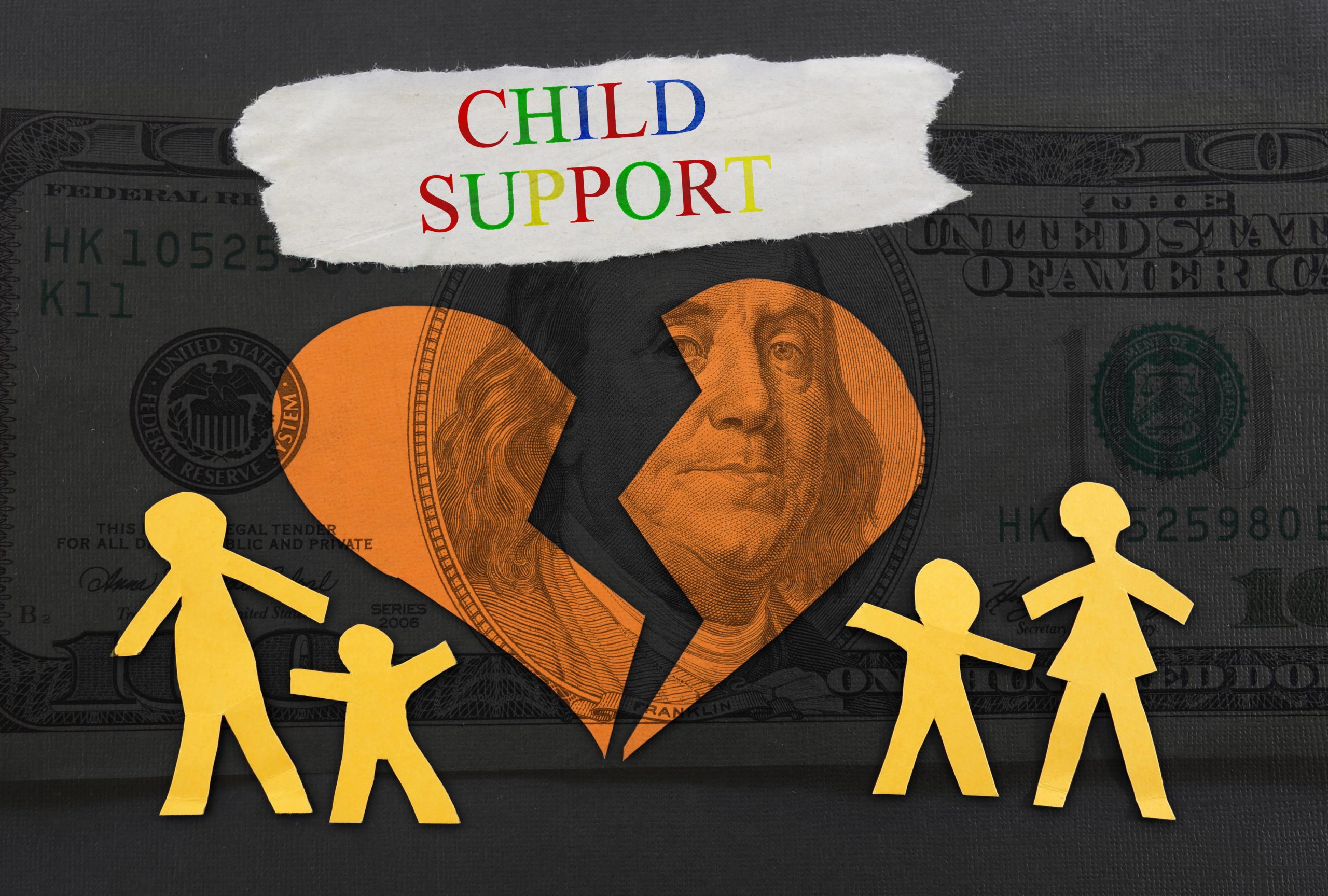Is Mediation Possible in a Heated Divorce?
 The vast majority of divorce cases filed throughout the United States unfold along relatively tame lines compared to many media portrayals of divorce. However, in rare cases, divorces are hotly contested by one or both parties, and the emotional side of a divorce can have far more influence on the legal side than it should. When emotions prevent rationality in divorce proceedings, everyone ultimately loses. Heated arguments and unwillingness to compromise increase the time, expense, and stress required to end the marriage.
The vast majority of divorce cases filed throughout the United States unfold along relatively tame lines compared to many media portrayals of divorce. However, in rare cases, divorces are hotly contested by one or both parties, and the emotional side of a divorce can have far more influence on the legal side than it should. When emotions prevent rationality in divorce proceedings, everyone ultimately loses. Heated arguments and unwillingness to compromise increase the time, expense, and stress required to end the marriage.
Continue reading
 San Diego Divorce Attorneys Blog
San Diego Divorce Attorneys Blog


 Ending a marriage is rarely a simple or easy endeavor, but there is more than one way to handle this type of matter. While many people believe that divorces end with heated court battles, this is actually only true for a small fraction of the divorce cases that unfold in California and throughout the United States. Every marriage is different; therefore, every divorce case is different, so it is vital to seek guidance for your unique situation with an experienced San Diego divorce attorney to determine the best approach to your own divorce.
Ending a marriage is rarely a simple or easy endeavor, but there is more than one way to handle this type of matter. While many people believe that divorces end with heated court battles, this is actually only true for a small fraction of the divorce cases that unfold in California and throughout the United States. Every marriage is different; therefore, every divorce case is different, so it is vital to seek guidance for your unique situation with an experienced San Diego divorce attorney to determine the best approach to your own divorce.






